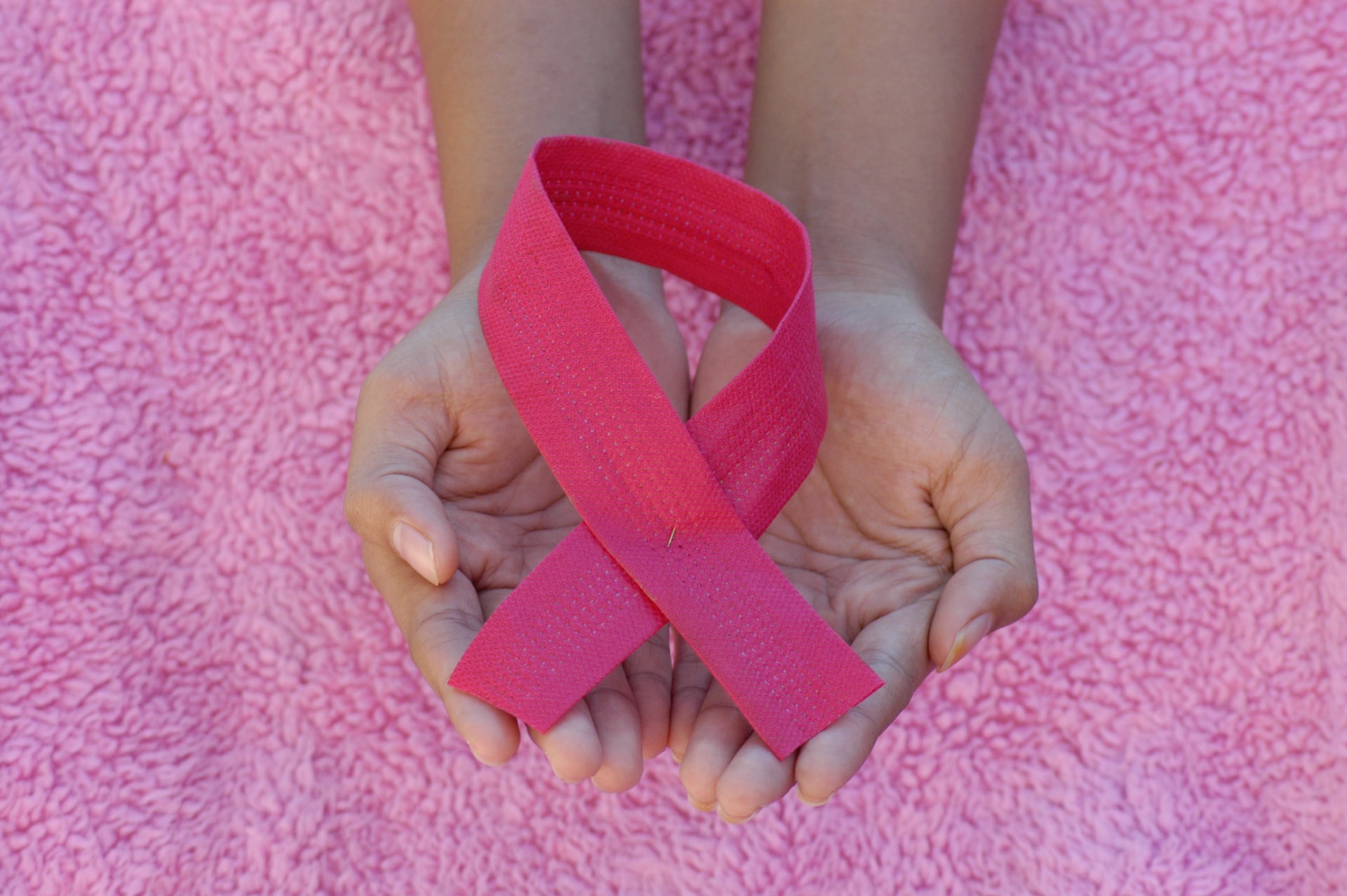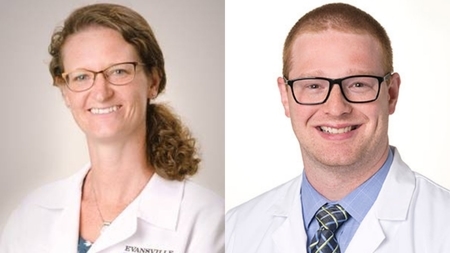
Breast Cancer Awareness Month is the perfect time to educate yourself and your loved ones on how to reduce your chances of developing this disease. Breast cancer is one of the most common types of cancer women will face. It can be caught early with mammograms, but knowing the signs and risk factors can help you get a jump on diagnosis and treatment.
To help increase your awareness of breast cancer as well as learn how to support others, we’ll look at:
- Defining breast cancer
- Early detection of breast cancer
- Breast cancer symptoms
- Risk factors for breast cancer
- Ways to support breast cancer survivors
Even if you never develop breast cancer, there is a chance that someone you know and love will. Breast Cancer Awareness Month is the perfect time to learn about how you can protect yourself and those you care about from this disease.
Defining Breast Cancer
According to the Center for Disease Control, breast cancer is the second most common form of cancer for women in America after skin cancer. It occurs when cells in the breast begin to grow out of control. Breast cancer comes in different forms and the type that you develop will depend on where it begins in your breast.
The two most common types of breast cancer are:
- Invasive ductal carcinoma
- Invasive lobular carcinoma
If left untreated, breast cancer can eventually spread from the breast to other parts of the body via blood and lymph vessels. At this point, cancer is known to have metastasized.
Early Detection of Breast Cancer
The best way to catch breast cancer early is through mammograms. Mammograms are X-rays of the breast that help doctors detect the cancer in its early stages. While they are not able to prevent cancer, mammograms are so sensitive that they’ve been known to detect breast cancer as early as three years before it can be felt by self-exams.
What to Expect During Your Mammogram
Mammograms use special X-ray machines designed for the breast. You will stand in front of the machine while a technologist will position your breast on the plate to be scanned. Another plate is lowered to flatten your breast and keep it immobile while your X-rays are being taken. The same is done for a side-view of the breast.
The X-rays will be reviewed by the technologist once the mammogram has been completed. This is to ensure they were taken correctly and the process doesn’t need to start over from the beginning.
Many women (and men) worry about whether mammograms hurt. The truth is that most people find them to be uncomfortable and some even find them painful. With that said, any discomfort is momentary and the benefits outweigh any negatives.
Key factors that play a part in how your mammogram will feel are:
- The size of your breasts
- How much they need to be pressed
- The skill of your technologist
- If your period has started or is about to start
The benefits of mammograms far outweigh any discomfort you may experience during the process. As we pointed out above, they are capable of detecting breast cancer long before you could feel a lump during a self-exam.
Breast Cancer Symptoms
While mammograms are powerful tools in the fight against breast cancer, self-exams can help catch symptoms that may alert you to a problem. Knowing how your breasts look and feel when healthy can help you spot any changes that could signify a problem.
The most common breast cancer symptom is a lump. A lump is an irregular mass found in the breast that wasn’t there previously. They can be hard, painless, and irregular in shape, but they can also be round, soft, tender, or even painful. Due to the lack of consistency in cancerous lumps, it’s important to have them checked out regardless of how they feel.
But lumps aren’t the only symptom of breast cancer. According to the American Cancer Society, symptoms also include:
- Nipple or breast pain
- Retracted (inward pointing) nipples
- Dimpling of skin on the breast
- Discharge from the nipple other than milk
- Skin that has become thick, dry, or flaky
- Swelling of the breast even if there isn’t a lump
It is possible for these symptoms to be caused by something besides breast cancer. However, they may point to another medical condition. Seek medical treatment regardless of the suspected cause to treat the underlying condition while ruling out others.
Risk Factors for Breast Cancer
The risk factors for breast cancer can be broken down into two groups—those you can change and those you can’t. It’s important to know that simply having a risk factor doesn’t guarantee that you’ll develop breast cancer. Most people have some risk factors but never get the disease.
Risk Factors You Can Change
- Leading a sedentary lifestyle
- Being overweight
- Using certain oral contraceptives
- Using certain hormone replacement therapy treatments
Risk Factors You Can’t Change
- Genetic mutations
- Getting older
- Having dense breast tissue
- Family history of ovarian or breast cancer
It’s important to remember that having these risk factors does not mean you’re destined to develop breast cancer. On the other hand, you should talk to your doctor about your risk factors and what can be done about them. This can include how you can lower your risk as well as when to begin breast cancer screenings.

Ways to Support Breast Cancer Survivors
Breast Cancer Awareness Month is about more than protecting yourself. It’s about supporting the people in your life who are living with or have survived the disease. Fighting breast cancer is no easy task and even those who succeed will still face the physical, emotional, and financial challenges of recovery. That’s why we’re such huge advocates of cancer survivorship.
In this time of COVID-19, it’s important to remember the importance of social distancing when visiting the cancer survivors in your life. Along with that, some other important guidelines to follow are:
- Always call before you visit to make sure it’s okay
- Do multiple short visits rather than long, occasional ones
- Plan your visits for when family won’t be around so they don’t feel as lonely
- Make a plan for your next visit before you leave
At Evansville Surgical, we also believe that we should be doing our part to support breast cancer survivors. To do that, we’ve developed our Navigators team to support our breast cancer patients as they go through treatment. Along with breast surgeons like Dr. Bray and Dr. Field, They’ll walk with you every step of the way as they offer their guidance, experience, and compassion.
Established in 1969, Evansville Surgical Associates celebrates 50 years of providing leading-edge comprehensive and compassionate surgical care. Learn more about our physicians and our practices by visiting our website, or by calling us at 812.424.8231 or 800.264.8231.



